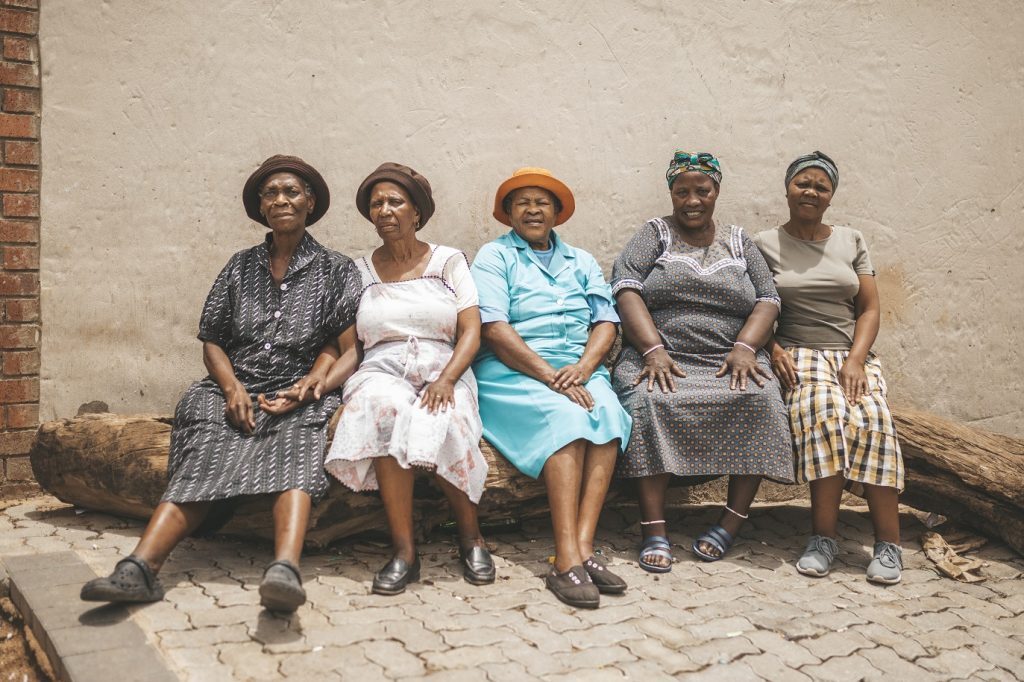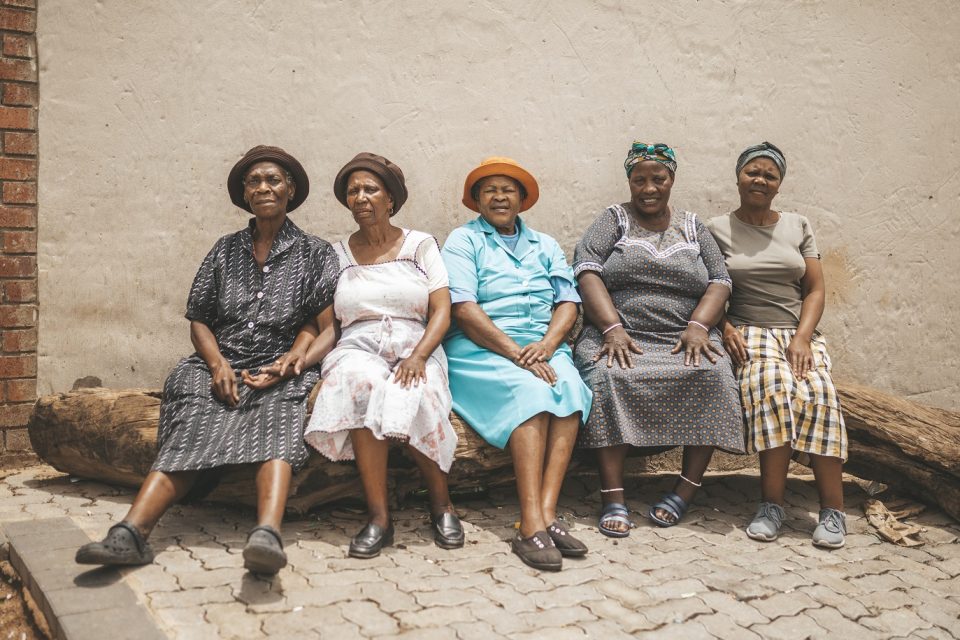
There aren’t many places in South Africa that invoke such mixed emotions–pride, pain and joy, to name just a few–as Alexandra Township and its incredible story, from agricultural community in the early 1900’s to bustling metropolis today.
Alex (also referred to as ‘The Dark City’ and ‘Gomora’), had a humble start as a farming town in 1908, Today, Alexandra is a densely populated community with an estimated 700,000 people inhabiting a land space of about 7.6 square kilometres.
While overcrowding poses various challenges to the area, including a lack of proper infrastructure and facilities as well as higher incident rates of fires where dwellings are situated very close together, Alex is also an incredible melting pot of rich culture and diversity.
“In its early days, Alex was seen as a land of opportunity for black South Africans, who migrated in their thousands in search of a better life in the City of Gold. Today it serves as a place of refuge and community to hundreds of thousands of people from across South Africa, Africa and even the rest of the world,” says Muziwethu Zwane, CEO of Rays of Hope, an NPO that has been supporting and partnering with Alexandra to bring change to the community for over 30 years.
“A walk through the streets of Alex is like an education on African culture. There are just so many different types of people, so many cuisines and cultural phenomenon on display. It’s really beautiful. But that doesn’t mean that Alexandra is without its challenges,” adds Zwane.
Changing the narrative for Alex
“Alexandra has come a long way in its time, and certainly has many inspiring stories to tell about resilience and the realisation of one’s potential, but more attention is needed around the debilitating problems that the community face, that prevent Alex and its people from truly progressing,” says Zwane. “Cases of femicide and gender-based violence persist, along with teen pregnancy, rampant unemployment, and poverty.”
Rays of Hope has, for over 30 years, been instrumental in instituting change and providing much-needed support to the community of Alexandra. Through its wide range of community-based initiatives, including psycho-social services like school interventions and parent support groups, learning and development programmes that include Saturday school classes for learners in the area, and family care services that offer practical assistance to the elderly and needy among others, the organisation has and continues to make a real difference in a community in need of more attention.
“I grew up without parents. My mother passed away when I was very young, leaving me to take care of myself and my brother at the age of 14,” says Lebogang Khonou, an Alexandra resident and beneficiary of Rays of Hope’s social worker and support services.
Lebo and her brother Nathaniel are just two examples out of thousands of minors in Alexandra growing up in child-headed households. With support from Rays of Hope, the sibling are now both employed as a receptionist and administrative assistant within the organisation, working to serve the very community they call home.
An important part of SA heritage
While there’s a lot to cover when it comes to Alexandra’s painful past, the Township has been home to some of South Africa’s most noteworthy historical events, including the bus boycotts of 1940-1960 that made an indelible mark on black resistance to Apartheid.
Alex was also home to many prominent figureheads and celebrities, from musical legend Hugh Masekela to the late Thabo Mohlala, an Umkhonto we Sizwe freedom fighter and one of the Alexandra leaders of the June 16 student uprisings of 1976.
There is no shortage of talent, grit, and leadership capability hailing from Alexandra Township, indicative of its nature and reputation as being a strong, brave and resilient community.
“As the country approaches Heritage Day this year, alongside our beloved ‘braai day’ South Africans should also hold space for the community of Alexandra Township and its long, rich history, not to mention the impactful role the Township and its many generations of inhabitants have played and continue to play in South Africa,” adds Zwane.
INFO SUPPLIED.


